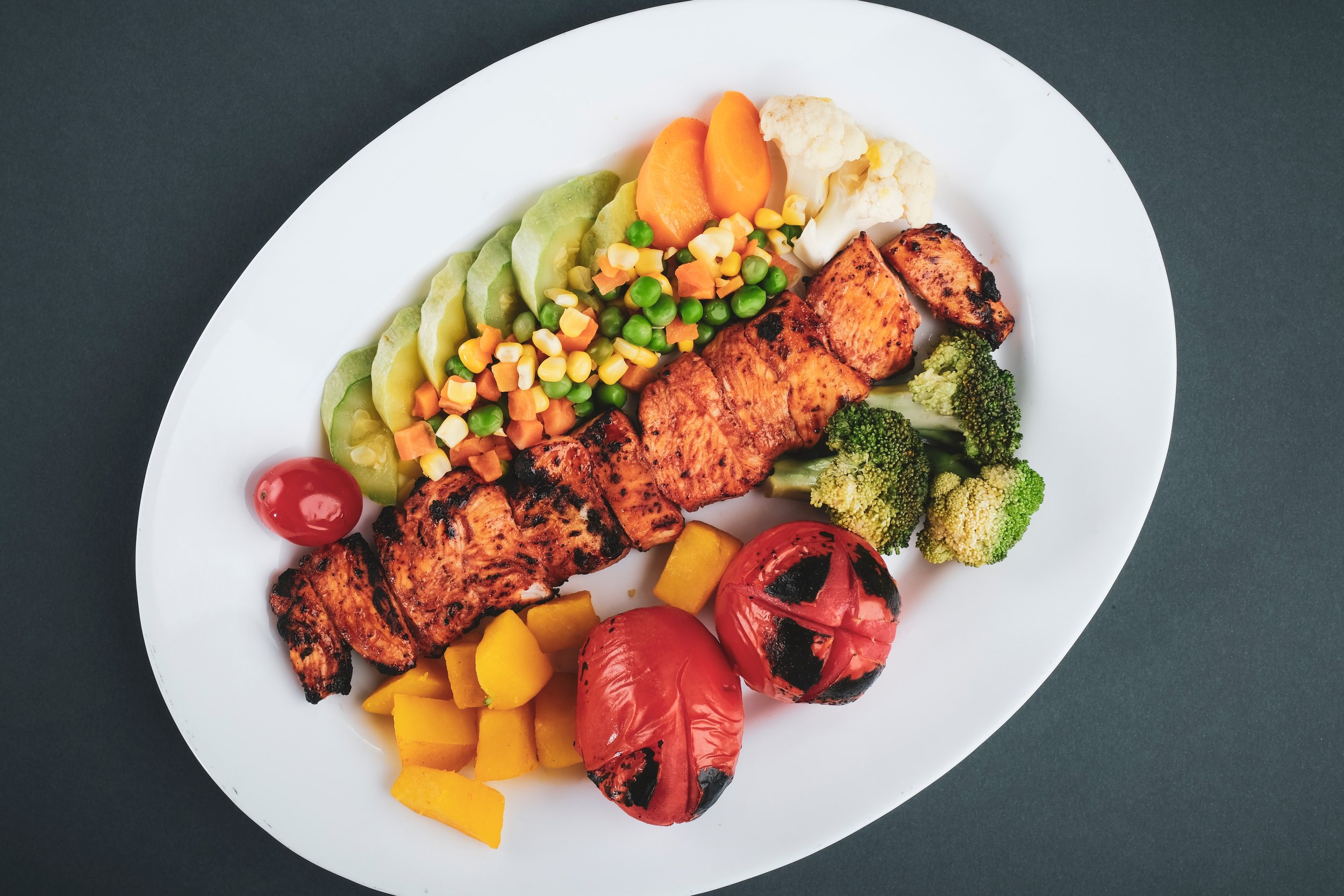Home Remedies for IBS to Try Out Yourself
Irritable Bowel Syndrome Home Remedies That Work: Lifestyle and Diet Tips
IBS (Irritable Bowel Syndrome) is a chronic gastrointestinal disorder that affects the large intestine. The symptoms of IBS include abdominal pain, bloating, constipation, and diarrhea. The duration of IBS varies from person to person and can last for several years or even a lifetime if root causes are left unresolved. Here are some easy natural remedies for IBS sufferers to alleviate symptoms:
Follow a specialized diet
Dietary Changes: Certain foods can trigger IBS symptoms. Avoiding trigger foods such as caffeine, alcohol, dairy (lactose intolerance), high-fat foods, and spicy foods may help manage IBS symptoms. A high dietary insoluble fiber diet may also help relieve constipation including berries, cruciferous vegetables, avocado, lentils and chia seeds. Generally our clients have already made those modifications and haven't had much clinical effectiveness. Sometimes increasing dietary fiber can also exacerbate problems.
The next step is to try a Paleo diet to improve IBS symptoms. We prefer the Paleo diet due to removing hard to digest foods that also cause gas and bloating like grains and beans. It also removes foods that are linked to food sensitivities specifically gluten (grains) and dairy products. The Low FODMAP diet is very common, but is very restrictive, hard to dine out on and can starve good probiotics if on it for too long. Trying Paleo for 30 days in most cases offers fewer IBS symptoms.
Add Psyllium Powder to Drinks and Food To Help With IBS Treatment at Home
Psyllium powder is a fiber supplement that can be used for both IBS D and IBS C to reduce symptoms. It is a soluble fiber that works by forming a gel in the digestive tract, which helps to slow down digestion and increase water retention. Psyllium powder can also soften stool making it helpful for constipation.
Probiotics May Be a Natural Home Remedy for IBS
Probiotics are beneficial bacteria that can help regulate the digestive system. These live microorganisms can be beneficial for gut health and immune system. Some studies suggest that probiotics may help improve symptoms in people with IBS by restoring balance to the gut microbiome and reducing inflammation. Probiotics can be found in certain foods or supplements. Incorporating probiotic-rich foods into your diet, such as cultured yogurt, kefir, sauerkraut, and kimchi, can help to reduce IBS symptoms. From a supplementation approach, multi strains work best: Soil Based organisms, S. Boulardii and lactobacillus and bifido-type bacteria.
Acupuncture to Treat Chronic Pain
Acupuncture is a type of traditional Chinese medicine that stimulates the nervous system and can reduce stress. This complementary medicine involves the insertion of fine needles into specific points on the body. These points are located along energy channels called meridians, which are thought to correspond with different organs or systems in the body. Acupuncture is believed to help balance the flow of energy, or qi, through these channels, which can improve the function of the targeted organs or systems. Overall, the evidence for the effectiveness of acupuncture for IBS is mixed. It can easily be tried at home by using acupressure; applying pressure to the same points where needles would be inserted.
L-Glutamine to Aid in the Function of Intestinal Tissue
L-glutamine is an amino acid that is naturally produced in the body and is also found in certain foods such as meat, fish, and eggs. It is often used as a dietary supplement to support digestive health.
Research has suggested that L-glutamine supplementation may have a beneficial effect on IBS symptoms. This is because L-glutamine is an important nutrient for the cells lining the gut, and may help to maintain their integrity and function. Additionally, L-glutamine may have anti-inflammatory effects in the gut, which could help to reduce the symptoms of IBS.
Mindfulness for IBS Symptoms Relief
Stress can worsen IBS symptoms. Techniques such as deep breathing, meditation, yoga, and exercise are relaxation techniques that can help with managing stress. Physical activity also relieves stress. Interestingly, improving your gut health benefits the gut brain axis which in turn improves well-being.
Herbs, Oils and other Natural Remedies
Peppermint oil: Peppermint oil has antispasmodic properties that can help to relax the gut muscles, reducing bloating and abdominal pain. Try adding a few drops of peppermint oil to a glass of water or tea.
Ginger: Ginger is a natural anti-inflammatory that can help to reduce inflammation in the GI tract. Add fresh ginger to your meals or drink ginger tea to help relieve symptoms.
Fennel: Fennel is another herb that can help to alleviate irritable bowel syndrome symptoms. It has anti-inflammatory properties and can help to reduce gas and bloating. Try chewing on fennel seeds after meals or drink fennel tea.
Hydration: Drinking enough water is important for maintaining regular bowel movements and preventing constipation. Aim to drink at least 8 glasses of water a day.
These natural home remedies are all suggestions to help reduce digestive symptoms. It is important to note that these remedies may not work for everyone, and it is always best to consult with a healthcare provider before trying any new treatments. Clients coming to us usually have a deeper underlying cause to their irritable bowel syndrome. We have our IBS sufferers complete the GI Map stool test to pinpoint a cause for the gastrointestinal disorders. We obtain a ton of information from this test and it helps us concisely create a 8-12 week supplement and diet plan to heal your body and relieve IBS symptoms.









